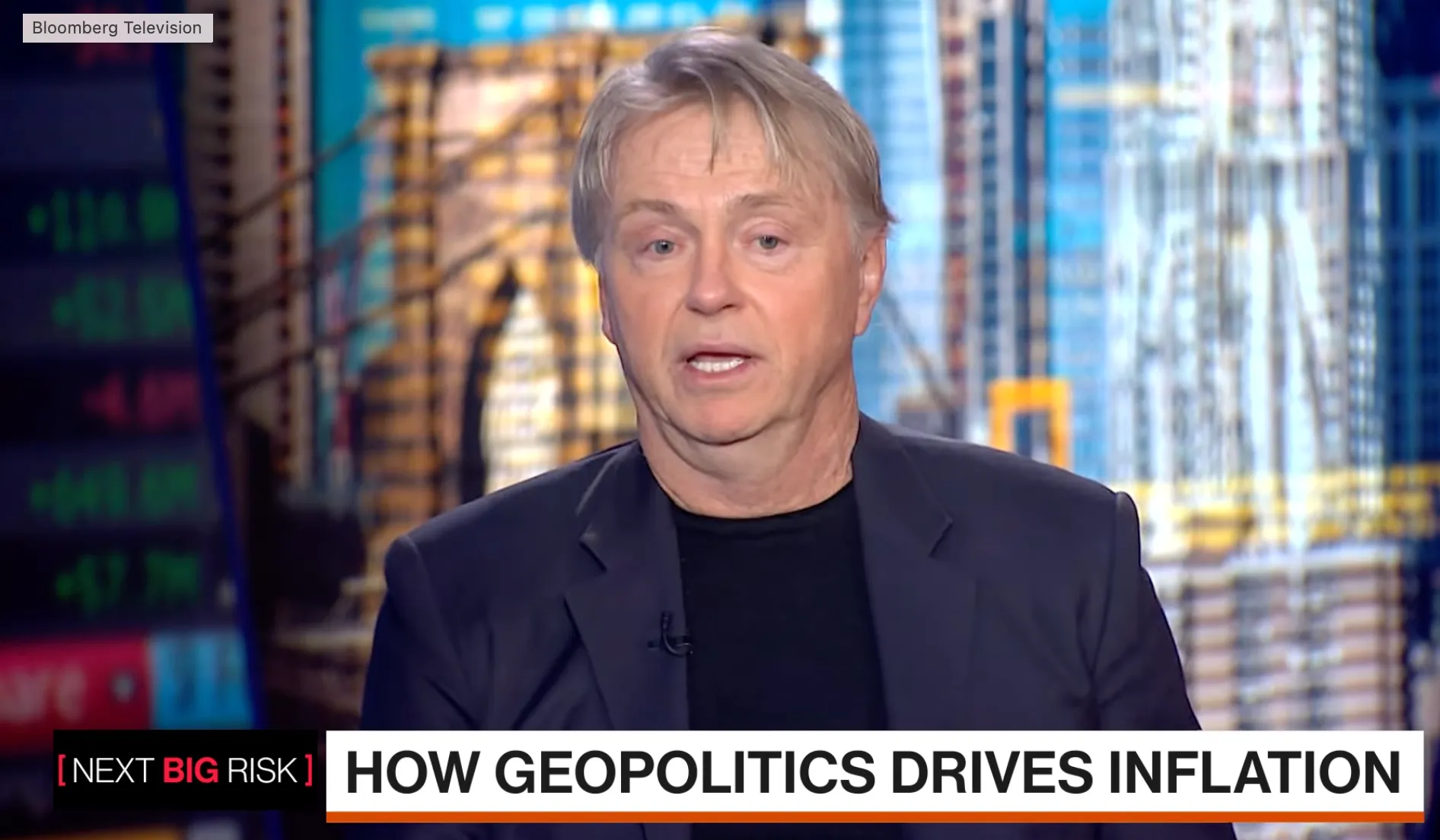January 26, 2024
Wes Edens, a prominent figure and founder of New Fortress Energy, emphasizes a stark reality: the world's reliance on oil and gas isn't waning anytime soon.

The founder of New Fortress Energy, has provided insightful commentary on the geopolitical impact on inflation and the U.S.'s long-term need for oil and gas. His perspectives are particularly relevant given the complex global energy landscape.
The European Union (EU), as the largest importer of natural gas globally, obtains a significant portion of its gas from Russia, accounting for 41% of its supply. This reliance has become a critical issue, especially with the geopolitical tensions surrounding the Russia-Ukraine conflict. The EU's dependency on Russian gas is a result of the depletion of North Sea natural gas reserves, which previously made Europe more energy independent.
The shift from coal to meet climate goals and Germany's move away from nuclear energy following the Fukushima disaster have also contributed to this dependency. Despite efforts to transition to renewable energy, the EU's grid is not yet fully equipped to handle the intermittency of sources like wind and solar. This challenge is exacerbated by infrastructure limitations and the slow pace of the renewable energy buildout.
Investments in upgrading and digitizing energy distribution networks, such as E.ON's €22 billion initiative, are underway but face obstacles like permitting processes, public opposition, and the need for multilateral cooperation. The EU's strategy to increase renewables involves small-scale solar installations by consumers, requiring significant grid investments to manage excess energy efficiently.
Europe currently has enough energy, with gas storage facilities in Germany being 30% full, which, although lower than in previous years, is still considered sufficient. However, the region's energy strategy faces multiple challenges, including the need for cooperative efforts, especially for offshore wind energy from the North Sea, and the intermittent nature of renewable sources.
These dynamics underscore the complex interplay between geopolitics, energy sources, and the transition to renewables, emphasizing the importance of strategic energy planning and diversification.
More detailed information of Wes Edens' views and initiatives in the energy sector, you can refer to the YouTube videos and CNBC's coverage on the topic here and here, as well as his Wikipedia page for comprehensive information on his professional journey and contributions.